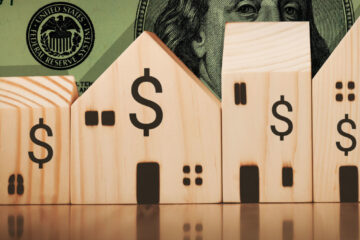The temptation of a major lifestyle change prompted many to reconsider their work situation, but now the consequences are being felt.
So far U.S. jobs numbers have defied fears of a recession, but the specter of a sharp economic downturn has people reconsidering the “Great Resignation.”
Over one in four people (26%) said that they regret their decision to switch jobs in a three-month Joblist survey of over 15,000 job seekers.
Despite the fact that the U.S. added more than 370,000 jobs in June, 80% of job seekers in the survey expect the U.S. to enter a recession in the next year.
Nearly half, 49%, expect the job market to get worse over the next six months.
There’s some credence to that notion.
While there haven’t been a large amount of big layoffs, there have been numerous high-profile layoffs in recent weeks with everyone from Tesla (TSLA) – Get Tesla Inc. Report to Netflix (NFLX) – Get Netflix Inc. Report either executing job cuts or warning that they are preparing to do so.
Inflationary concerns, rising interest rates, a volatile stock market and other concerns have fueled recession fears, according to Joblist, with 43% of respondents saying that they are very worried about a recession. Nearly a quarter of the respondents were at least somewhat worried.
Due to these fears, 60% of those surveyed said that they felt more urgency to find a job now, before the economy potentially worsens.
Inflation Isn’t Helping
Average hourly earning grew by 5.5% in April and 5.2% in May, but year-over-year inflation of 8.5% ate up those pay increases.
More than 40% of workers received a raise in the first half of the year, but only 28% of those employees received a raise higher than the inflation rate.
Despite those stats, nearly 80% of employed job seekers think they can make more money by switching jobs with 33% expecting an increase between 6% and 10% while 26% expect a raise of less than 5%.
Half of hospitality workers expect to receive a 10% raise by changing jobs, making them the most likely group to expect a big pay raise. Healthcare workers (28%) were the least likely to expect a big pay raise.
Warehouse, factory, and construction workers (23%) were the most likely to say that they could make 20% or more by switching jobs.


